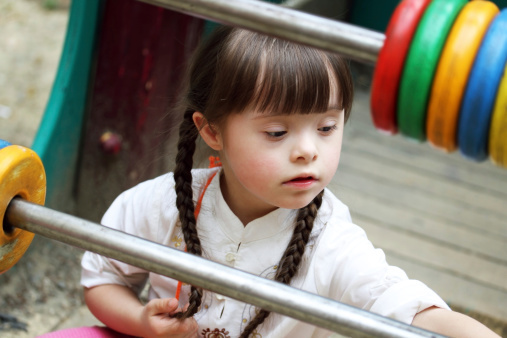
Some aspects of childhood education are structured more rigidly, and in some situations this lays a foundation for learning of more advanced concepts. However, when childhood education offers flexibility, children’s learning is engaged on numerous intellectual levels, for a more comprehensive learning experience.
Montessori education offers the flexibility that children need in order to master concepts, build upon skills already learned, and pave the way for further advancement. The Montessori model differs from traditional classroom teaching in several ways, and the techniques you’ll see in a Montessori learning environment have been shown to help children of all abilities and backgrounds increase educational achievement. Here’s how.
1. Activity Selection Draws Children to Areas in Which They Excel
In the Montessori classroom, children are given more liberty to choose activities than they are in traditional classrooms, and this helps children develop independence and self-discipline. Teachers are there to facilitate rather than dictate the learning experience. They ensure ground rules are followed and encourage students to pursue activities at their own pace. The result is children who are drawn to areas in which they naturally excel, and who develop the self-discipline needed to behave appropriately and follow through on learning tasks.
2. Hands-On Learning Reinforces Abstract Learning
When knowledge is presented in both concrete and abstract terms, it is far more powerful than doing either in isolation, particularly in mathematics and science. When children are presented with hands-on, concrete learning opportunities, they can readily take what they learn and transfer that knowledge to abstract concepts with guidance from their teacher. Montessori classrooms emphasize hands-on tasks, use of manipulatives, and visual representations, and help children extend hands-on lessons into abstract concepts.
3. Individualized Instruction Benefits Children of All Ability Levels

In the Montessori learning environment, each child has an individualized learning plan. The activities in a Montessori classroom allow children of every ability level to maximize learning. Because children learn at their own pace, children of lower abilities are not rushed through concepts they’re not ready for, children of average abilities can maintain a steady learning pace, and children with more advanced abilities do not have to wait for peers to catch up before pursuing more advanced concepts.
4. Less Restriction of Movement Promotes Neurological Development
Physical activity throughout the learning day has been shown to raise test scores, according to experts from Harvard Medical School. Physical activity promotes overall health, and in recent years, neuroscientists have been able to more clearly quantify what they suspected was true all along: that physical movement boosts brain activity at all ages and stages of development. In Montessori schools, moving around is embedded in learning processes, and children aren’t confined to desks where they fidget, grow bored, and tune out.
5. Emphasis on Processes Rather than End Products Encourages Love of Learning
In Montessori learning, younger children are not tested in the traditional classroom sense. At all ages in Montessori learning environments, the process of learning is emphasized over end results in the form of test grades. The purpose of this emphasis on processes over results is to encourage love of learning in children, so they can put that love of learning to work at any age, including into adulthood.
Flexibility in childhood education isn’t a matter of just letting children do what they want, but of providing a learning environment and learning materials that naturally lead to hands-on learning of critical concepts. The Montessori educational model emphasizes individualized, hands-on learning, and is designed to help children not only learn, but develop a love of learning that will serve them throughout their educational experience.





















